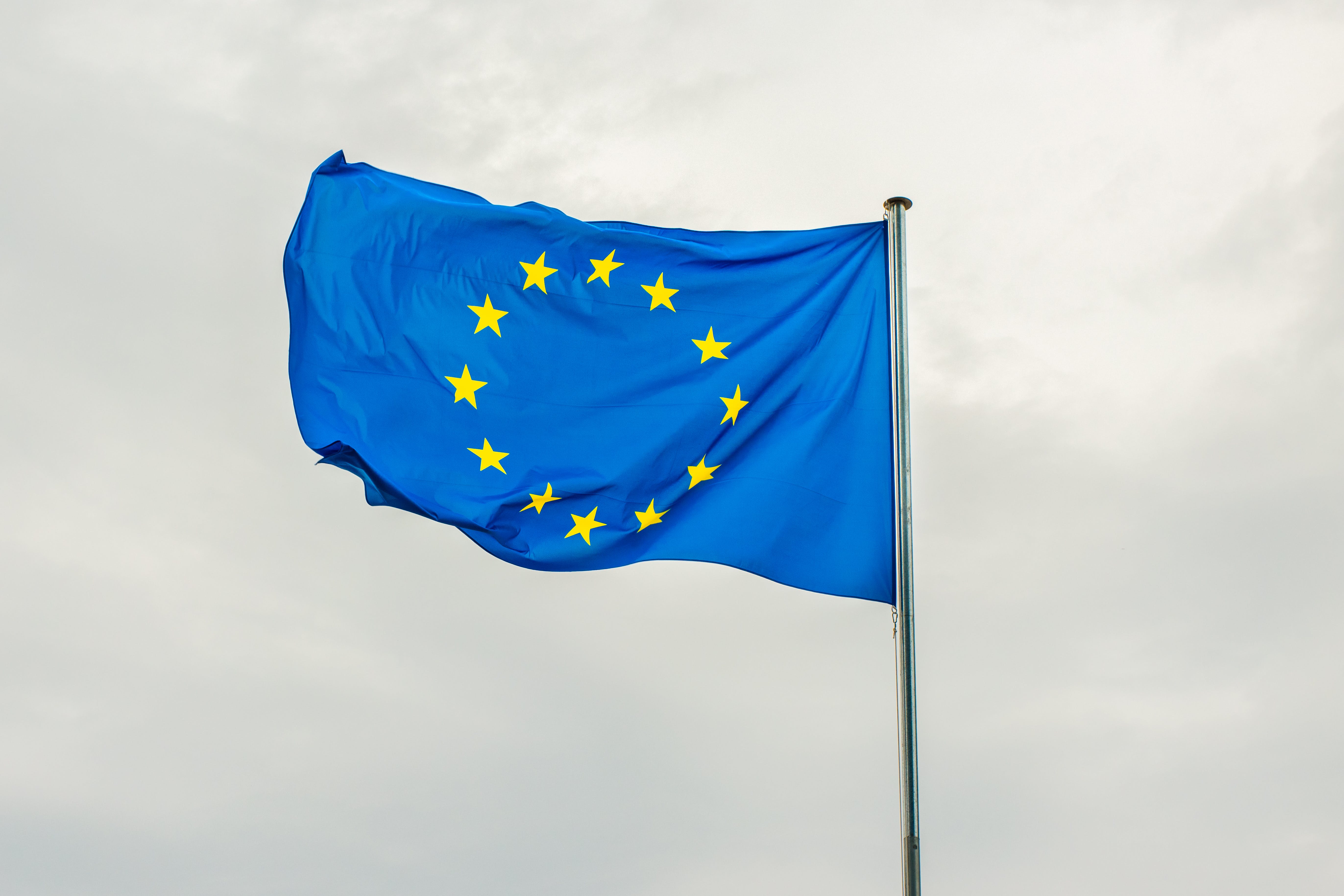Migration
Liberals at the Helm

In a landmark development, under the Spanish Presidency of the Council of the European Union (EU), the European Parliament and Council have reached a historic agreement on the Pact on Migration and Asylum, setting the stage for a comprehensive overhaul of the EU's approach to migration, at the end of last year. As the EU charts its course toward the 2024 European elections, the ramifications of this pact reverberate through the political landscape, particularly for liberal policymakers.
Pact on Migration and Asylum: Reshaping EU Migration and Asylum Policies.
The New Pact on Migration and Asylum represents a comprehensive framework of regulations and policies aimed at establishing a more equitable, streamlined, and sustainable migration and asylum process within the EU. Initially proposed in September 2020 and subsequently approved in December 2023, the Pact is strategically crafted to effectively manage and standardize migration over the long term. The EU Member States achieved a political agreement on the five remaining files of the Pact, each playing a pivotal role in reshaping the landscape of migration and asylum policies:
1. Screening Regulation: Enhancing Security in the Schengen Area.
2. Eurodac Regulation: Strengthening Data Collection for Enhanced Detection.
3. Asylum Procedures Regulation: Streamlining Processes for Efficiency.
4. Asylum Migration Management Regulation: Fostering Solidarity among Member States.
5. Crisis and Force Majeure Regulation: Preparedness for Future Challenges.
Nevertheless, discussions are slated to persist at a technical level until February 2024, anticipating a formal adoption preceding the European Parliament elections in June 2024.
The solidarity mechanism: The Achilles heel?
While the Pact on Migration and Asylum marks a significant stride forward, the EU grapples with significant challenges in its migration policies. A primary hurdle lies in securing widespread support for the solidarity mechanism among EU Member States. Effectively addressing historical disparities in asylum application responsibilities demands a collective commitment from all Member States. This topic was meticulously examined in the policy brief "EU Migration Policy Making: Decalogue of Intentions or Real Actions?" published by the FNF Madrid office earlier in 2023.
In this paper, Jan-Christoph Oetjen (FDP), Member of the European Parliament from the liberal group Renew Europe and a member of the FNF Madrid Migration Policy Group, critically evaluates the current EU solidarity mechanism. Oetjen deems it ineffective and insufficient, pointing out that "pledges from Member States for taking asylum seekers from the countries of first arrival often fail due to bureaucratic hurdles, and Member States exhibit hesitancy in accepting more migrants. Hence, a genuine legal framework for solidarity is essential, replacing mere pledges and voluntary admissions."
Oetjen's perspective aligns with that of migration researcher at the European Institute of the Mediterranean (IEMed) Xavier Aragall, who asserts that "the management of people entering the EU remains the central problem. Efficient and coherent entry regulation in the EU is still a distant goal."
Moreover, the pact has faced considerable criticism, notably from human rights organizations such as Amnesty International and Human Rights Watch. Critics argue that the pact falls short in safeguarding the rights of migrants and refugees, expressing concerns about the proposed border control measures and emphasis on returns. Amnesty International, in particular, said the agreement “will set back European asylum law for decades” and its “likely outcome is a surge in suffering on every step of a person's journey to seek asylum in the EU” as it is “designed to make it harder for people to access safety.”
The EU's approach has sparked a debate on striking a balance between border security and preserving fundamental human rights. The pivotal question at hand is whether the framework established by the Pact on Migration and Asylum possesses the resilience needed to effectively address these complex challenges.
Liberals´ approaches for EU Migration management
The historic agreement on the Pact on Migration and Asylum marks a pivotal moment for the EU as it navigates the complex terrain of migration policy. As the EU approaches the 2024 elections, liberal policymakers assume a crucial role in shaping the implementation of public policies. By championing the establishment of accessible and transparent legal pathways while leveraging the potential inherent in regulated economic migration, liberals firmly believe that such measures will enable the EU to effectively address labor market needs, propel economic growth, and promote cultural diversity.
Furthermore, a key topic within the liberal political sphere revolves around coordinating EU external action on migration. In this sense, Milosz Hodun, International Officer of the Polish liberal party Nowoczesna, emphasizes that "one of the most important principles of the Pact on Migration and Asylum is the change of paradigm in cooperation with non-EU countries". Nevertheless, Hodun underscores that, while the EU's intentions are commendable, it is imperative for this collaboration to be well-balanced, thorough, customized, and mutually advantageous for all stakeholders involved.
Liberal policymakers are acutely attuned to the profound significance of this historic milestone, particularly in the lead-up to the EU Elections. MEP Oetjen observes that the "migration debate is frequently steeped in emotion and manipulated for political gains." This manipulation has notably fueled the surge of extreme right-wing parties across Europe, exploiting migration as a political rallying cry to secure additional votes.
The approval of the Pact emerges as the most compelling response from EU Member States, strategically timed just before the EU Elections, to convey a unified message on the collective approach to managing migration within the European Union.
